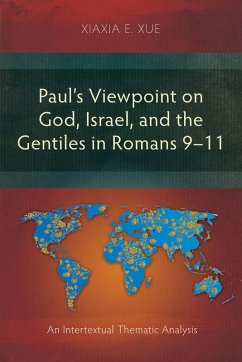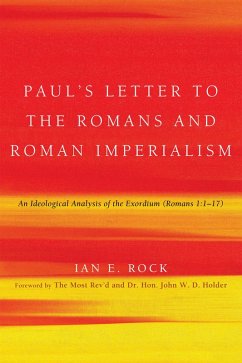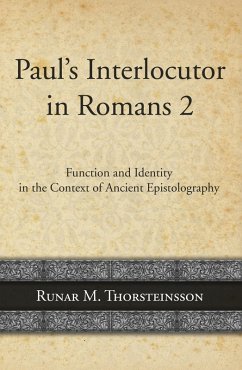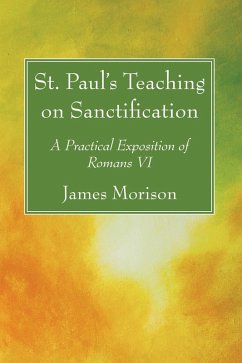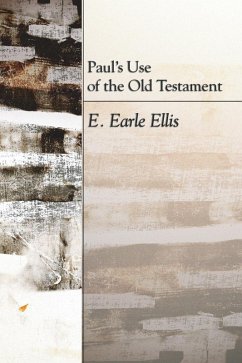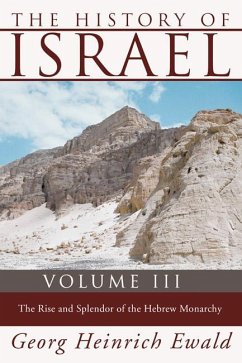Over the years Romans 9-11 has been investigated from a variety of approaches, with one of the most prominent being an intertextual reading. However, most discussions of intertextual studies on this section of Romans fail to adequately address Paul's discourse patterns and that of his Jewish contemporaries with regard to God, Israel, and the Gentiles. Adapting Lemke's linguistic intertextual thematic theory, this study uses a methodological control to analyze the discourse patterns in Romans 9-11. Through this analysis the author demonstrates the divergence of Paul's viewpoints on several typical Jewish issues, which suggests that his discontinuities from his Jewish contemporaries are obvious and sometimes radical. It is apparent that Romans 9-11 not only provides a self-presentation of Paul as a Mosaic prophet figure, but overall it appears as a prophetic discourse, reinforcing the notion that Paul's message comes from divine authority.
Dieser Download kann aus rechtlichen Gründen nur mit Rechnungsadresse in A, D ausgeliefert werden.

